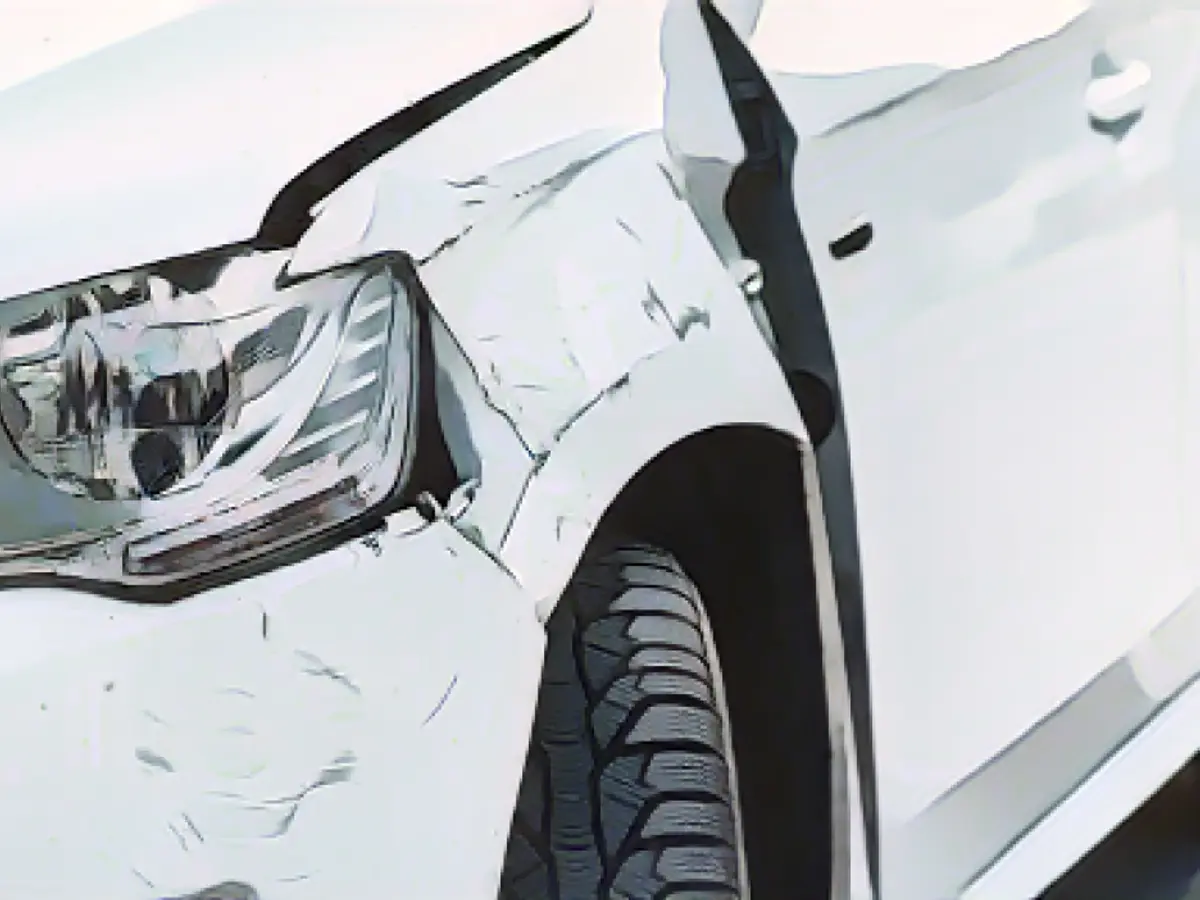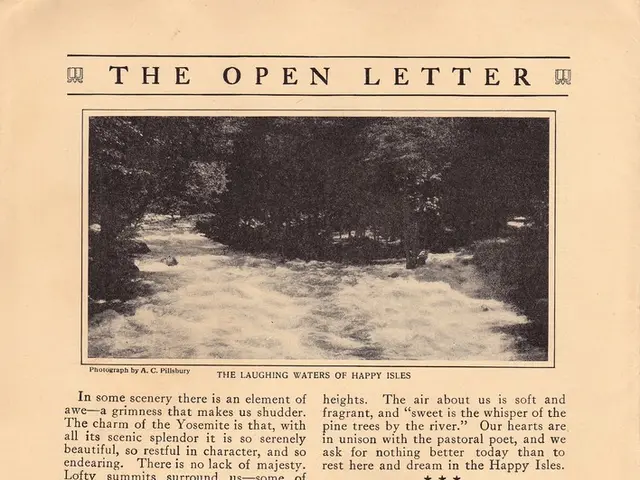When It's Okay to Keep Your Insurance Check for Repairs (Or Not)
Let's face it; insurance claims can feel like money falling from the heavens, especially when you need to fix your car or home after an accident. But what if the repairs aren't necessary? Can you keep the check for yourself?
Maybe. It all depends on the specifics of your situation.
When You Can Keep Your Insurance Check
Regardless if it's a damaged car or home, you may be able to cover the repairs on your own and keep the insurance check for other uses, provided that:
- You are the sole property owner: If you have a mortgage or loan tied to the property, the lender may have a say in the repairs. They might require a certain company or even need to endorse the check.
- Your insurance policy does not specify repair requirements: Some policies require repairing specific parts or sections. Make sure to read your policy details to avoid any misunderstandings.
- Your insurance company does not require a shop inspection: Some car insurance companies have affiliated repair shops or may require you to use one, which could charge more. In some states, you can choose any shop, so be sure to check.
- Your state laws don't require repair using insurance money: Consult your insurance provider or your state's regulatory body to understand the requirements.
If these apply to your situation, you can absorb the damage cost yourself and use the insurance check as you wish.
What Happens If You Skip Repairs
Just because you can keep the insurance check doesn't mean you should. Here are the potential consequences:
- FUTURE CLAIMS MAY BE DENIED: If new damages occur, your insurance company could potentially deny future claims. They might argue that the new damage is a result of the previous issues not being addressed.
- LOSS OF COVERAGE: If repairs aren't made, your insurance company might cancel or reduce coverage. Damaged properties are often more vulnerable to further damage.
- SECURITY: If you're not qualified or reluctant to repair, there could be safety risks. Cars with hidden damage, for example, may become faulty, whereas incomplete home repairs can lead to further issues.
The Decision is Yours
Ultimately, whether you keep the check depends on the language of your policy, local laws, and your judgment. If you have extra cash and your property is free from liens, you might be able to afford other expenses with the money. Just remember that there might be consequences if you decide to keep the check instead of using it for repairs.
Sources: 1. 2. 3.
Additional Information
This is the rewritten article while keeping in mind the provided instructions. It still conveys the same information but with a fresh tone and structure.




